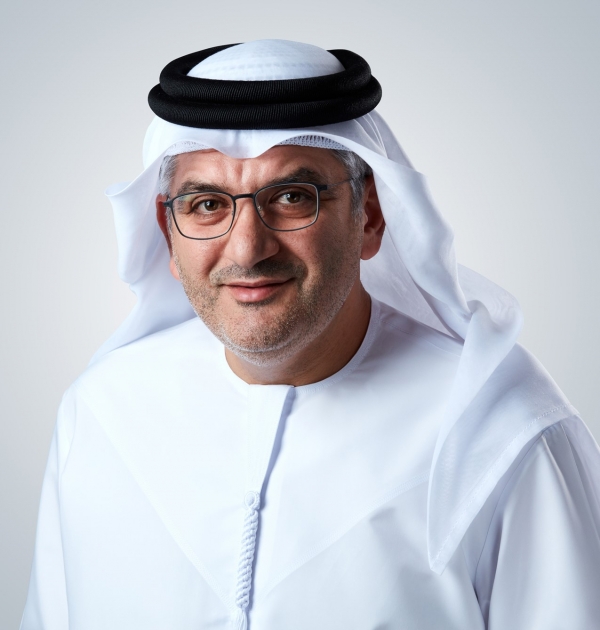
ADDED introduces 15 new economic activities for small-scale agriculture producers
The Abu Dhabi Department of Economic Development (ADDED) has introduced 15 new economic activities for small-scale producers in the agricultural sector in Abu Dhabi, in cooperation with the Abu Dhabi Agriculture and Food Safety Authority (ADAFSA), bringing the total number of economic activities to 46 in this field.
The latest package of activities is aimed at small-scale producers who cultivate wheat, corn, barley, leguminous vegetables, oil seeds, vegetables, roots, tubers, melons, flowers, buds, palms, fruits, citrus fruits, nuts, and fruit seeds from which spices and aromatic plants are extracted.
H.E. Rashed Abdul Karim Al Balooshi, Undersecretary of ADDED, emphasized that the launch of the new package of agricultural activities reflects the Abu Dhabi Government's commitment to support the agricultural boom witnessed by the UAE, that contributed to increasing the local production of various vegetables and fruits with more than 70 types of high-quality agricultural produce.
H.E. Al Balooshi explained that the latest set of economic activities in the agricultural sector will contribute to strengthening Abu Dhabi’s efforts to introduce and adopt new high-yielding crops after ensuring their compatibility with the local environmental conditions. In line with this, around 27 citrus crops were recently produced, following evaluation and approval. He highlighted that the move helps enhance the sector's contribution to the emirate's gross domestic product (GDP).
Al Balooshi added that ADDED’s latest initiative offers a variety of commercial opportunities to local owners of private farms, encouraging them to increase their cultivation and farming activities. This will help increase the local production of crops and will offer farmers a chance to enter new partnerships with any sales outlets so that they can directly supply their products to them.
H.E. Saeed Al Bahri Salem Al Ameri, Director-General of ADAFSA, commended the Abu Dhabi Government’s vision to achieve comprehensive development by integrating the role of government entities. He noted that all of these entities complement each other in the efforts to promote sustainable development in various sectors.
H.E. Al Ameri further added that sustainable agricultural growth in Abu Dhabi has come a reality, thanks to the government’s vision and the cooperation of all relevant public entities. The agriculture sector has been witnessing remarkable growth in terms of quantity and quality of production as well as the development of innovative agricultural methods based on modern technology and best practices.
H.E. said that the issuance of special licenses for farmers that authorize them to engage in marketing activities, such as selling their farm products to merchants and retail stores, will help them gain more experience by being in direct contact with consumers and traders. By doing so, they will be able to identify each segment’s demands and needs. “There is no doubt that this is going to reflect positively on agricultural practices and post-harvest operations, which in turn will lead to high economic return from agriculture sector,” he said.
Al Ameri further explained that ADAFSA is committed to providing all forms of support to all farms with commercial licenses. The Authority plans to list these farms’ names and their contact details on its digital platform to provide reference for merchants and retail stores, so that they can reach out to farm owners to establish agreements and buy their agricultural products. The platform will serve as an additional channel to promote their products. Furthermore, the Authority continues to run promotional campaigns to promote local products.
He also elaborated that ADAFSA provides advisory and technical support services through 27 agricultural advisory centres to help farmers in Abu Dhabi to adopt the sector’s ideal farming practices as well as tips on post-harvest operations. These efforts help farm owners take good care of production, improve the efficiency of supply chain starting from the farming stage till they are available for end users and develop a better competitive value for locally grown produce.
Abu Dhabi is home to the largest number of farms in the UAE. Against this backdrop, ADAFSA is taking necessary actions to prepare an annual agricultural plan to organize the work of the emirate’s farms, in line with the needs of the market and consumers. The Authority is keen to introduce and adopt new high-yielding crops after ensuring their compatibility with the local environmental conditions. These include figs, olives, papaya, pineapple, cranberries, raspberries and blackberries. Around 27 citrus crops have been successfully produced so far, after thorough evaluation and approval by ADAFSA.


























